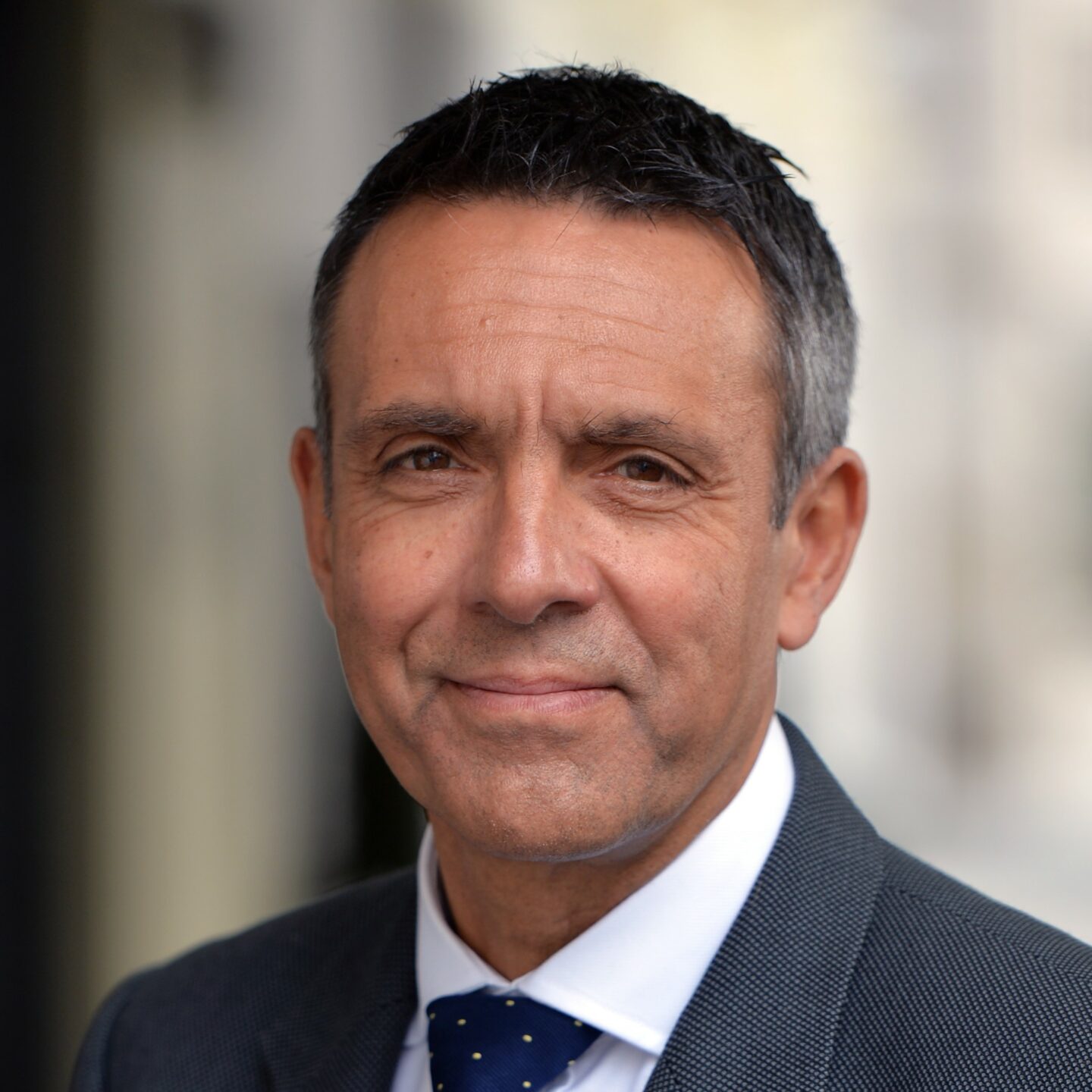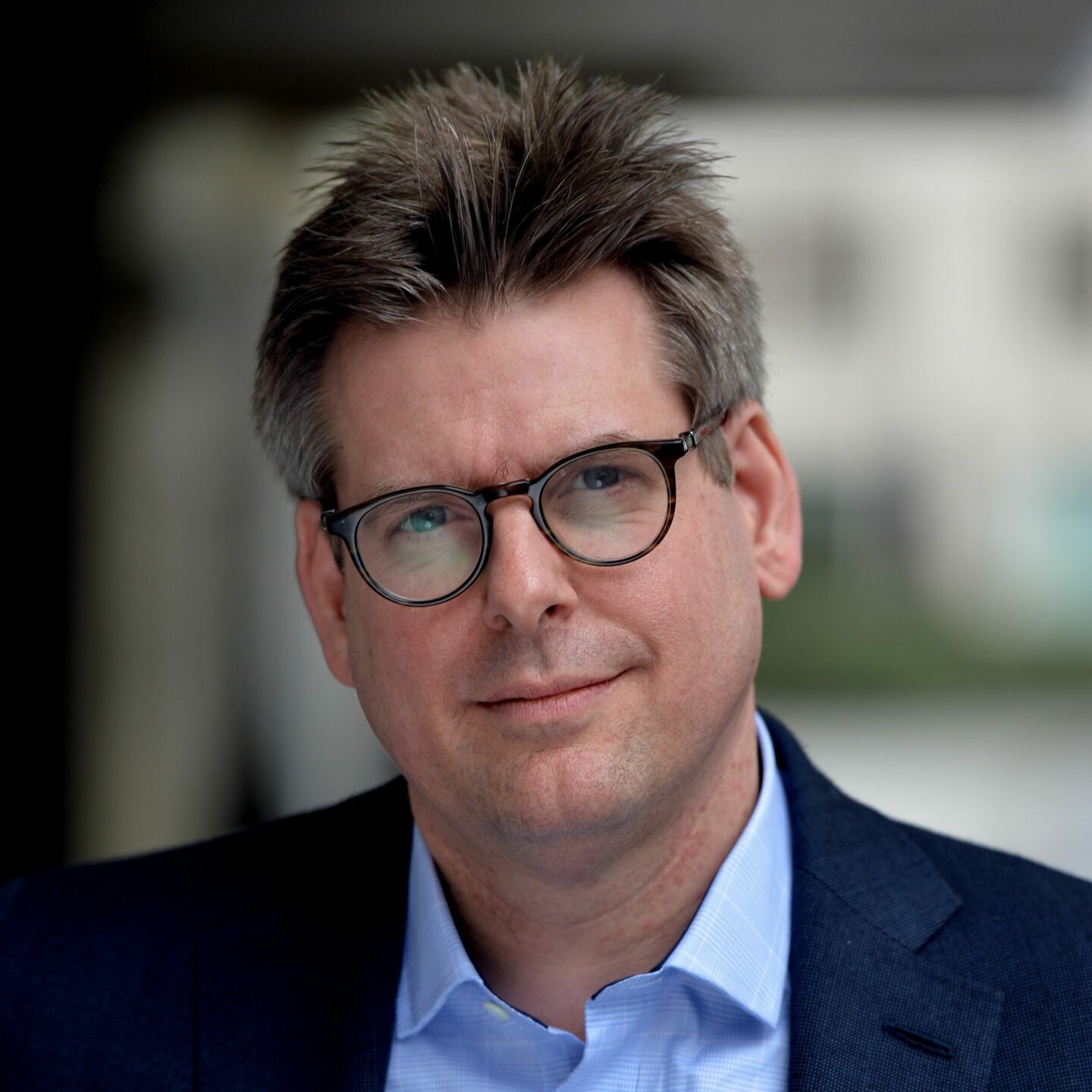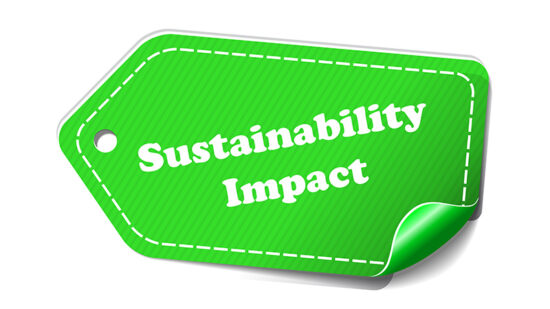

In the first of the series, Portfolio Adviser talks to Liontrust Asset Management head of global distribution Ian Chimes (pictured right) and chief marketing officer Simon Hildrey (pictured left).
Which particular asset classes and strategies do you anticipate your intermediary clients focusing on over the second half of the year and into 2022?
Ian Chimes (‘IC’): The standout strategy for Liontrust over recent years has of course been sustainable investment/ESG, with the AUMA for our team more than doubling from £5bn in March 2020 to £11.9bn on 30 June 2021, and we expect the growth in interest and demand to continue.
There are several other areas where we expect clients to focus. There is more investor confidence in the UK as clients are seeing an opportunity to benefit from the strong recovery as the economy has been opening up. Some clients also see Europe offering recovery and valuation potential while others believe Japan will benefit from global reflation, with its high exposure to old economy cyclical stocks and world leading businesses.
See also: Fund flows – At least UK assets are ‘coming home’
Clients have increasingly been allocating to global equities – both growth and income – and we see this demand rising as it provides access to great companies around the world, whether established industry leaders, those that are disrupting sectors, or smaller technology companies that may become future tech giants.
Should end-investors – and, by association, asset managers – be thinking beyond equity and bond investments? Towards what sort of areas?
Simon Hildrey (‘SH’): At Liontrust, we have certainly seen demand for sustainable investments, across all distribution channels, so end-investors are definitely keen to look beyond traditional equity and bond allocations.
Few people would argue against diversification for investors. Beyond property, alternatives and cash, real assets is one area that could command greater interest. This is because these tangible assets can be lowly correlated to equities and bonds, as well as providing attractive levels of income and protection against inflation.
Given client and regulatory pressure on fees and charges, how is your business delivering value for money to intermediaries and end-clients?
SH: Fund performance and charges are obviously two key measures of whether investors are receiving value for money. These will always be key for Liontrust but, as outlined in our assessment of value report, the value we provide extends well beyond performance and charges.
Investment processes are at the heart of how we provide added value for clients. Performance is not predictable, but the way we manage our funds is. The Covid-19 crisis has reiterated the importance of this at a time when investors have been seeking reassurance from those to whom they entrust their savings.
Service is also key to our providing value, whether face-to-face meetings with our sales team and fund managers; regular, relevant and clear updates and insights from our investment teams; educational seminars and articles, literature and videos to aid intermediaries and their end-clients; and information and data provided digitally to allow our clients to access it whenever they want.
We also believe corporate culture adds value through helping to attract and retain talented and diverse staff and enabling them to flourish. The success of this is shown by the relatively high retention of employees at Liontrust.
“Clients now regularly ask how ESG is being integrated across the business”
How much of your distribution is currently oriented towards ESG issues and sustainable investing? How do you see this evolving over the next 18 months?
IC: Given the Liontrust Sustainable Investment team accounts for around a third of the company’s AuMA and has doubled over the past year, it will come as no surprise that we expect demand will keep growing and will be a key part for our distribution going forward.
Areas of focus within client servicing over the next 18 months include improved reporting on the impact of investments. Liontrust is producing impact reports on each of our sustainable funds. Clients now regularly ask how ESG is being integrated across the business. We produce an annual sustainability report explaining this, including a company-wide responsible investment policy.
In what ways do you think the experience of the last 18 months has permanently affected or changed the asset management sector?
IC: There is increasing focus on investments that have a positive impact on society and the world at large, which goes beyond pure sustainable funds. We are committed to pushing forward our levels of engagement to produce the best possible outcomes for investors and active management obviously has a key role in delivering these.
The last 18 months have underlined the importance of meeting clients’ expectations, through strong investment processes, service and communications. In case any of us had forgotten, the pandemic has also shown the benefit and importance of interacting with each other physically as well as taking advantage of technology for accessibility and ease of communication.
“It is not about which approach is better but what best suits clients”
How do you plan to balance face-to-face and virtual distribution? Have you identified aspects where one is especially better (or worse) than the other?
SH: Given all our experience of technology over the past 18 months, clients can now benefit from being able to choose their preferred way of engaging and communicating with us. There does not have to be a one-size-fits-all approach going forward.
As Ian says, face-to-face meetings are invaluable and we all long for them to become common again but there are so many options now. Integrated events will become more usual, where there will be a mixture of physical and recorded content with a live and virtual audience. There will be a desire for less travel, both to save time and for sustainable reasons.
It is not about which approach is better but what best suits clients and what we are trying to communicate. Technology is enabling ever greater personalisation in communication and this is a key focus for Liontrust.
Are you hoping to manage a staycation or to get abroad this summer? Either way, what’s the plan?
IC: We are just back from Whitstable in Kent and we also have a few days booked in Bath.
SH: We’re planning a trip to Cornwall.
What aspects of your own lockdown routine do you expect to continue with as people migrate back to office-working?
IC: I have stopped travelling on the underground and have replaced the Piccadilly Line with a walk along the river from Blackfriars.
SH: I aim to continue taking home-cooked food to the office as much as possible and create a healthy balance between physical and virtual meetings.
More generally, what are you expecting from ‘the new normal’?
IC: That the telephone is still one of the best communication methods invented. Email has its place but it has become too dominant during the lockdowns.
SH: People moaning about the weather and public transport, and Newcastle giving me a little joy and a great deal of disappointment. In short, I expect we will return to more of the old normal than many people currently expect but it looks like it may take some time to get there.
You can read other editions of Track to the Future here.







